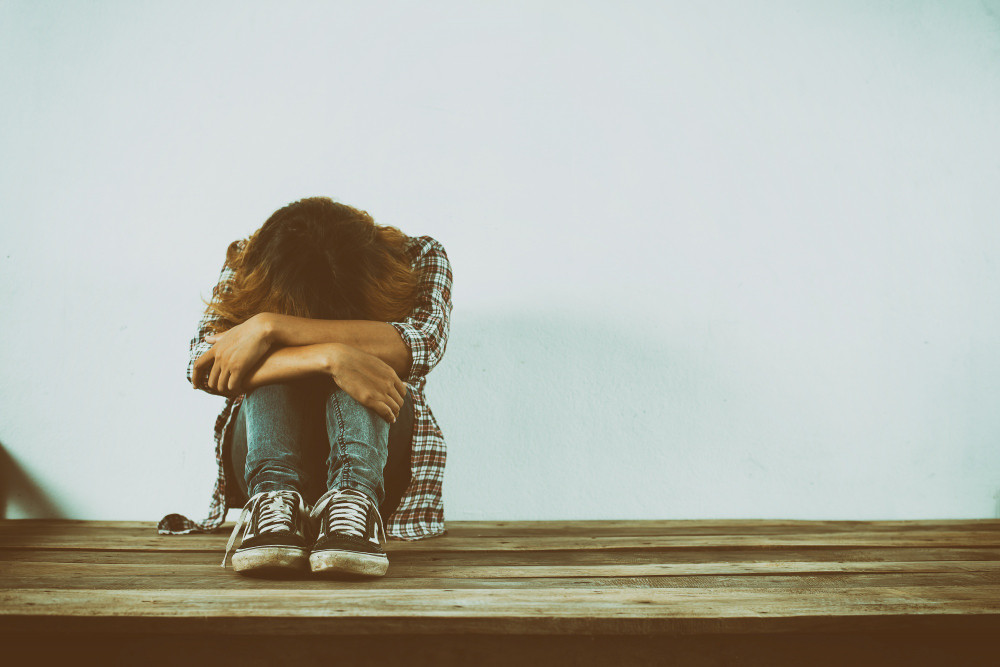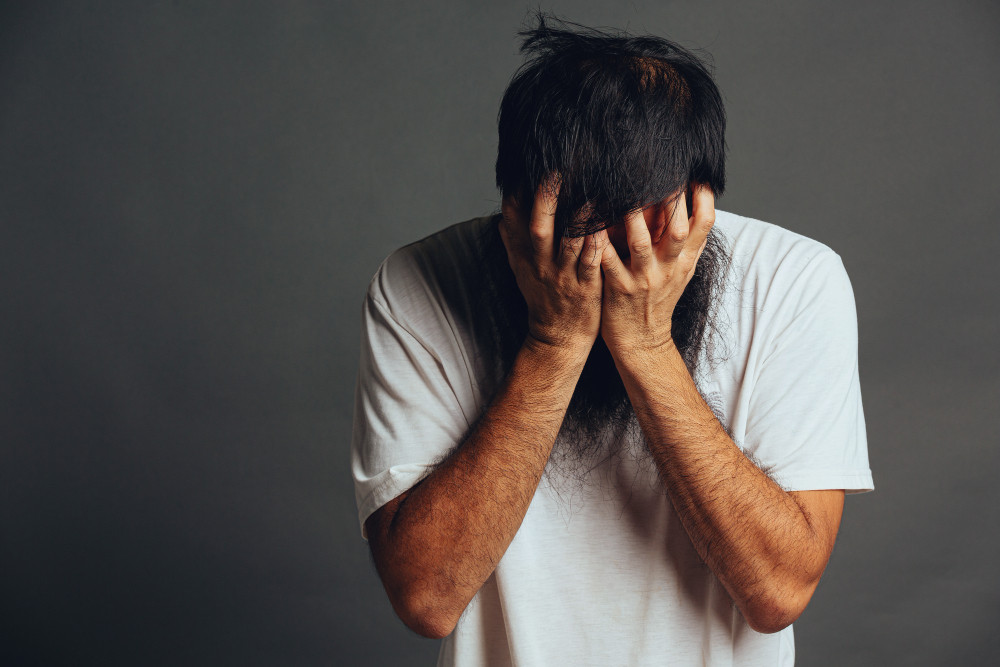Perubahan musim atau cuaca dapat memengaruhi kesehatan seseorang, termasuk salah satunya adalah depresi akibat perubahan musim (seasonal affective disorder). Seperti apa depresi musiman dan bisakah kondisi ini hilang dengan sendirinya? Simak ulasannya berikut ini.
Apa Itu Depresi Musiman?
Depresi musiman atau seasonal affective disorder adalah salah satu jenis depresi yang terkait dengan perubahan musim atau cuaca. Jenis depresi ini biasanya terjadi di negara empat musim, kondisi ini umumnya memburuk ketika akhir musim gugur atau awal musim dingin. Namun tidak menutup kemungkinan kondisi ini dialami oleh negara yang memiliki dua musim termasuk Indonesia.
Baca Juga: Tanda-Tanda jika Wanita Mengalami Depresi
Gejala Depresi Musiman
Depresi musiman adalah sejenis gangguan depresi yang dikaitkan dengan pola perubahan musim. Anda bisa mengalami perubahan suasana hati dan gejala depresi ketika musim tertentu datang. Gejala depresi yang muncul dapat bervariasi, dari ringan hingga berat. Beberapa gejala depresi musiman yang dapat muncul antara lain:
- Merasa lesu atau sedih hampir sepanjang hari dan dirasakan setiap hari
- Kehilangan minat pada aktivitas yang dulu disukai dan dinikmati
- Merasa tidak berenergi dan lesu
- Mengalami gangguan tidur
- Makan berlebihan dan penambahan berat badan
- Kesulitan berkonsentrasi
- Merasa putus asa, tidak berharga atau bersalah
- Tidak bersemangat dalam hidup dan memiliki pikiran ingin bunuh diri
Dilansir dari Mayo Clinic, depresi musiman juga dapat dibedakan berdasarkan musimnya. Ada gejala yang dikaitkan secara spesifik dengan musim gugur dan musim dingin, serta walaupun jarang, ada juga depresi musiman yang dikaitkan dengan musim panas dan musim semi.
Baca Juga: Cara Mengatasi Birthday Blues, Bentuk Depresi saat Ulang Tahun
Penyebab Depresi Musiman
Belum diketahui penyebab pasti depresi musiman, namun menurut Cleveland Clinic, ada beberapa teori terkait penyebab depresi musiman, yaitu:
- Perubahan jam biologis
Ketika kurang mendapat paparan sinar matahari, jam biologis Anda juga berubah. Hal ini dapat memengaruhi perubahan suasana hati, jadwal tidur, dan hormon. Perubahan jam biologis bisa membuat Anda sulit untuk menyesuaikan diri dengan perubahan musim. Hal ini bisa berpengaruh terutama pada negara empat musim.
- Perubahan senyawa kimia otak
Senyawa kimia otak yang disebut neurotransmitter mengatur sinyal komunikasi antar saraf termasuk di antaranya adalah serotonin. Senyawa ini memiliki peran salah satunya terhadap suasana hati. Sinar matahari dapat membantu mengatur pelepasan serotonin sehingga kurangnya matahari di musim dingin diduga dapat memengaruhi suasana hati Anda.
- Kurang vitamin D
Karena sinar matahari berperan dalam produksi vitamin D, umumnya di musim dingin dengan sinar matahari yang lebih sedikit di musim dingin dapat menyebabkan orang kekurangan vitamin D. Vitamin D berkaitan dengan serotonin dalam sintesis atau pembentukan serotonin. Penurunan kadar vitamin D bisa memengaruhi tingkat serotonin dan suasana hati Anda.
Cara Mengatasi Depresi Musiman
Ketika perubahan musim terjadi dan mengalami depresi musiman, Anda mungkin lebih ingin untuk berdiam diri di rumah dan enggan berinteraksi dengan orang lain. Namun cara tersebut justru dapat memperparah depresi musiman yang Anda rasakan.
Sebagian besar kasus depresi musiman dapat diatasi dengan mengubah gaya hidup seperti bergerak aktif ke luar rumah dan berjemur. Beberapa metode yang bisa dilakukan untuk mengatasi depresi musiman antara lain:
- Terapi cahaya (phototherapy)
Terapi ini bertujuan untuk menirukan paparan cahaya alami untuk merangsang otak dalam melepaskan serotonin.
- Psikoterapi
Psikoterapi atau terapi bicara adalah jenis terapi yang dapat membantu Anda untuk menggali penyebab dan mengubah pikiran negatif dan perilaku yang menyebabkan Anda depresi. Terapi ini juga dapat melatih Anda dalam mengelola stres dengan cara yang tepat.
- Obat-obatan
Dokter dapat memberikan antidepresan golongan SSRI (selective serotonin reuptake inhibitors) untuk meregulasi serotonin.
Depresi musiman merupakan jenis depresi ringan yang dipicu oleh perubahan cuaca. Jika Anda mengalami gejala depresi saat perubahan cuaca sebaiknya segera periksakan ke dokter. Apabila memiliki pertanyaan seputar depresi, Anda juga bisa memanfaatkan fitur konsultasi yang terdapat pada aplikasi Ai Care.
Mau tahu informasi seputar penyakit lainnya? Cek di sini, ya!
- dr Hanifa Rahma
Pallarito, K. (2022). 8 Ways To Cope With Seasonal Affective Disorder. Available from: https://www.health.com/condition/depression/seasonal-affective-disorder-treatment#
Mayo Clinic. Seasonal affective disorder (SAD). Available from: https://www.mayoclinic.org/diseases-conditions/seasonal-affective-disorder/symptoms-causes/syc-20364651
Cleveland Clinic. Seasonal Depression (Seasonal Affective Disorder). Available from: https://my.clevelandclinic.org/health/diseases/9293-seasonal-depression
NHS. Overview: Seasonal affective disorder (SAD). Available from: https://www.nhs.uk/mental-health/conditions/seasonal-affective-disorder-sad/overview












